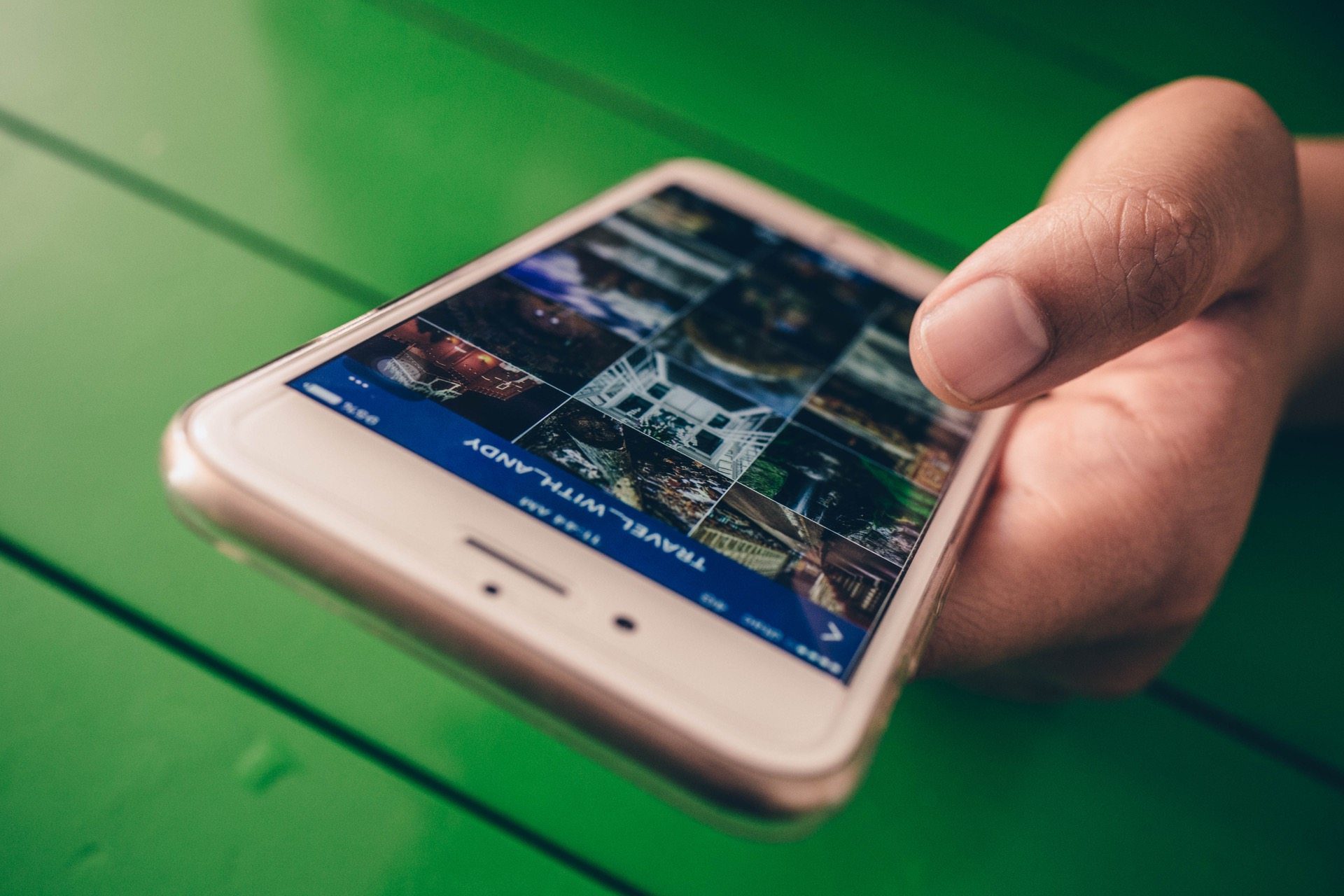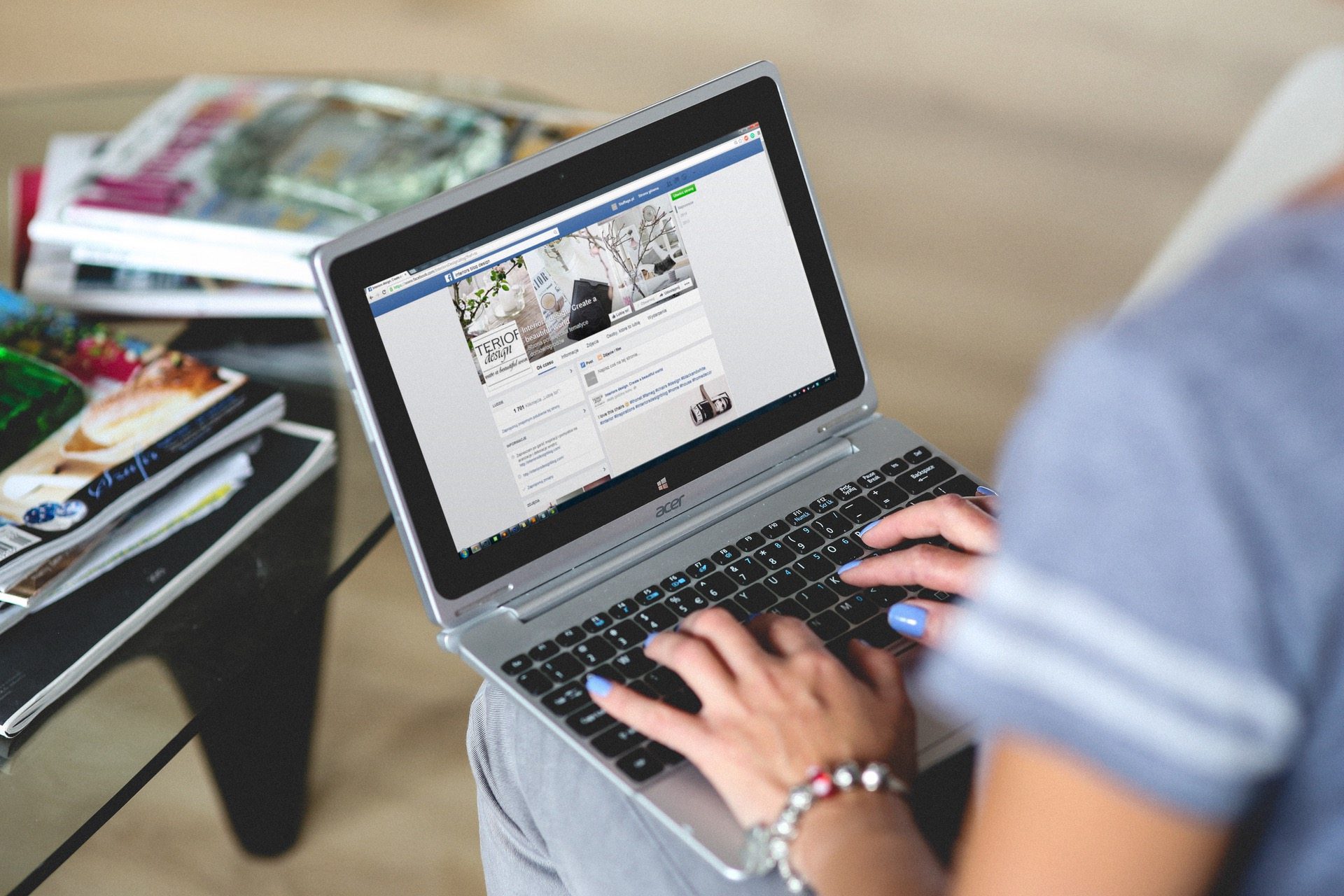Killer Tips for a Secure Social Media Experience
There are many things that can come across our path when taking some spare time for social media entertainment, like friend requests from unknown people, malware sent through links, and most recently, the scenario in which a group of teenagers were the target of a sinister scheme in which suicide was the end game.
The so-called “anonymity” in social media networks is nothing more than a mere facade in which cybercrime activities may take place without a constant patrolling from authorities, thus much has been done through the latest years to ensure our safeness in virtual reality.
Is there something we can do for making the social media experience a much reliable entertainment? Most certainly. So, let’s check the following tips for having a secure social media performance!
1. Don’t Neglect Privacy Settings
Whereas it may seem intrepid and even funny to publish photos, status and your life in general to the people out there, it is a practice that should be strictly regulated by two principal factors:
- Your age
- The exposure you are truly apt to face
Minors are common examples of what shouldn’t be done in social media by posting provocative pictures, sharing personal details like address and phone number, without even caring if the people who see such publications are real life friends or a community of strangers.
2. Never Accept Strangers
Unless these people happen to be acquaintances of your friends, to whom you can truly get background on what they do for a living and if they are who they claim to be, avoid the frequent practice of accepting everybody at your social media networks just because they added you.
Regardless of how Facebook-targeted this may sound, other social media networks like Instagram and Twitter are prone to experience the same phenom, though for Twitter it is part of the magic to talk to strangers, with the advantage of the 140-character limit that often avoids personal conversations to take place in public.
3. Once Something is Shared, It Can’t Be Taken Back
Going back to the same line of thought we had with the first tip; people fall under the premise that once they upload photos, text or videos they still have control over how that information is shared. Wrong answer!
Internet etiquette says once the content is shared, no one can take it down (unless certain specific causes like preventing pornography and such), so please take a close look at what you decide to share among your peers and where to do it.

In case you want to share a personal image with a close friend, maybe it’s best to send it via mail or WhatsApp than publishing it as a status tagging the person in question.
4. Set One Email Account for All Your Social Media Profiles
Something essential for preventing potential security breaches is to set a spare email account for creating all your social media profile. Why do this? Simple: if anyone tries to hack your account and get access to your mail, no sensitive information would be available for hackers to peek and try to kidnap any further information.
Is this something that commonly happens in social media networks? Sometimes yes, sometimes no. You can take a look at this list of known email security breaches at this infographic courtesy of Avatier.
Infographic Courtesy of Avatier
5. Avoid Keeping Inactive Accounts
Who hasn’t dared to test an online dating app? Or had one of those MySpace profiles in the pre-Facebook era, to which you probably won’t even remember the login credentials to take down the content shared after a long while.
A smart practice to put in action is to delete those old profiles you know you won’t be keeping over time at the same moment you decide to ditch them. That way, you can be certain login data won’t be forgotten, and content can be removed as quickly as possible.
 Photo courtesy of Skitterphoto
Photo courtesy of Skitterphoto
What’s the importance of my personal information for hackers? A question we may ask ourselves on countless occasions and most of the times there is no simple answer for it. If we talk about local hackers, well, there might be an interest in getting to know personal aspects of your life like routines and such for scenarios like cyber kidnappings. In case we talk about fraudsters in general, sometimes social media profiles leave traces that can be tracked down to credit card information or for identity theft. Either way, it’s best to prevent unrestricted access to our personal data than being sorry in a close-by future.
Check out a Top Digital Speaker to learn more!


 Photo courtesy of Kaboompics
Photo courtesy of Kaboompics







